Teaming up with DJ Drama, the Dipset capo wins not by breaking new ground but by alternating between trying existing trends and throwing back to the sounds of his past.
Since the last Dipset album flopped in 2018, no member has been more culturally visible than Jim Jones. Every day, he tends to his online following (fun fact: Jones has 10 times more Twitter followers than one Cameron Giles). In the past two years, Jones has opened a virtual music studio and sought the role of hip-hop tech tycoon by launching his own cryptocurrency. He’s maintained a respectable recording schedule, too, including his solo project El Capo and a full-length collaboration with producer Harry Fraud. Gangsta Grillz: We Set the Trends spans 79 minutes and features an army of rappers, with Jones assuming the role of a veteran, inviting disciples to show him what they’ve got.
To be fair, the title won’t get past many fact-checkers. Jones hasn’t been part of any musical trendsetting since the Diplomats turned Harlem into their own slick-talking, flashy paradise some 20-plus years ago. As for DJ Drama, his approach hasn’t changed much since he was personally selling mixtapes for five dollars a pop. Drama is entitled to enjoy the attention bump he got from Tyler, the Creator’s Call Me If You Get Lost, but the addition of those legendary adlibs was an exercise in nostalgia. So don’t expect the cultural fabric to be altered by this project. In fact, Jones wins not by breaking new ground but by alternating between trying existing trends and throwing back to the sounds of his past.
Like the best Gangsta Grillz tapes, there’s no overarching theme, just Jones behind a minigun, firing off 200 ideas a minute, hoping more hit the target than not. Of course, going with youth comes with the risk that you’ll become the rapping personification of a “How you doing fellow kids?” gif. There’s “Crunk Muzik,” which appropriates lyrics from an old Dipset song of the same name that more legitimately qualified as crunk music. Fivio Foreign is a solid recruit to lead off a Brooklyn drill standard, but Jones lacks surefootedness over the murky beat, simplifying his cadences down to an underwhelming bare-bones flow: “Bang bang, bang bang/Hooligan, gang gang.” Much better is “Militant,” which combines drill’s thumping 808s and shadowy basslines with a sample of reggae classic “World a Music” as Jones and rising New York co-stars Connie Diiamond and Rah Swish interweave their bars fluidly. The most disappointing collaboration is with the Migos on the title track. Jones’ verse is alright, but the song is built around a generic tooting keyboard riff that should sound triumphant but instead drags the record into the mud.
Not surprisingly, most of the best stuff on the album throws back to the 2000s. “That Gangsta Grillz feels like it’s ’06. That’s what it’s supposed to sound like,” Drama shouts on “Ven Aquí,” its Middle Eastern flavors evoking classic Neptunes and Timbaland productions. “Record Me Baby” essentially resurrects the Neptunes’ P. Diddy and Lenny Kravitz collaboration “Show Me Your Soul.” And if the stripped-down funk of the excellent “Shots” doesn’t signal its influences strongly enough, it even includes Pharrell’s trademark four-count intro. With its tightly wound sample and snare drums, “Different Ways” is the closest thing to a Dipset tune the tape has to offer and draws attention to the fact that despite a sea of guests, the presence of Cam’ron and Juelz Santana would have been the icing on this decadent cake.
And what of Dipset’s third-best rapper? Jones has never been a particularly singular performer, but when he keeps his flow at a comfortable level, he retains that swaggering confidence that made him such a fine foil to Cam and Juelz. He’s reliable with his concepts, too: you get shameless boasting, sleazy narratives, uptown recollections, and bizarre humor. “Fit Lit (Betty White)” pays tribute to the beloved icon in the best way Jones knows how: by claiming he went out on the day she died and bought a Porsche in her honor.
A three-song run over the tape’s second half provides a gripping dichotomy. “Batman” and “Vamps” use fantastical imagery: Jones springing from a dungeon like he’s been “looking for Bane” to sell crack by the g-pack; men turned to monsters in prison cells, unleashed to skulk late-night New York streets. Balancing the unreal feel of those songs is the nostalgic “Barz.” Jones and Dave East pass the mic back and forth, recalling “days in the hood” listening to the Purple Tape, watching Family Matters, and hating that they needed food stamps. The combination of Jones attempting to tap into the zeitgeist and reveling in his veteran status can make for some messy moments, but the fusion of past and present never feels contrived. He comes across not like a guy chasing relevancy but a hip-hop polymath with a curiosity for new forms. The result is wildly entertaining.



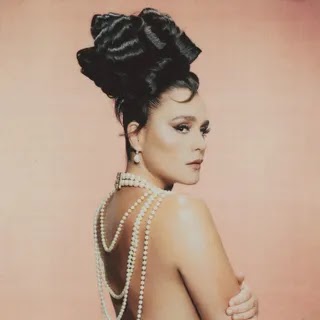


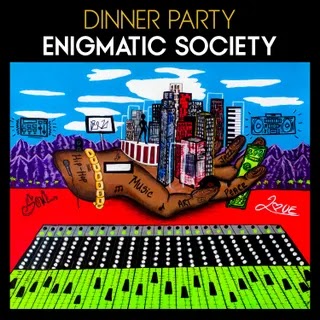
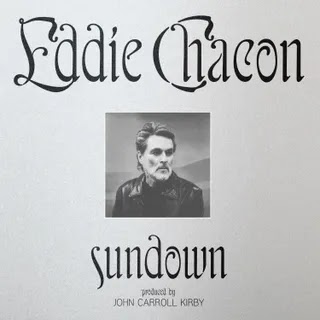



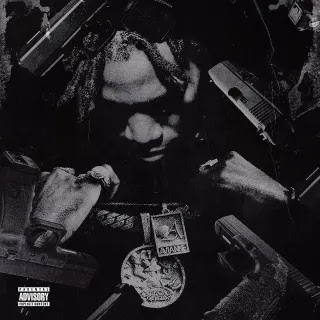
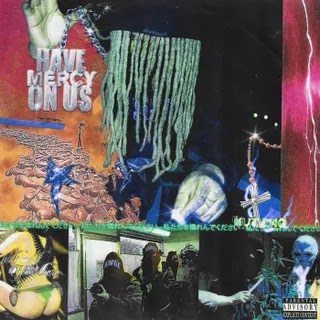
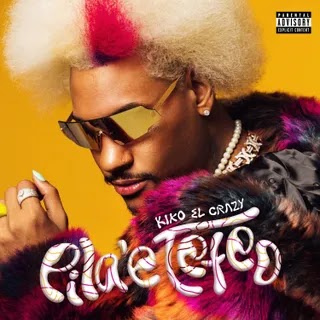


0 comments:
Post a Comment